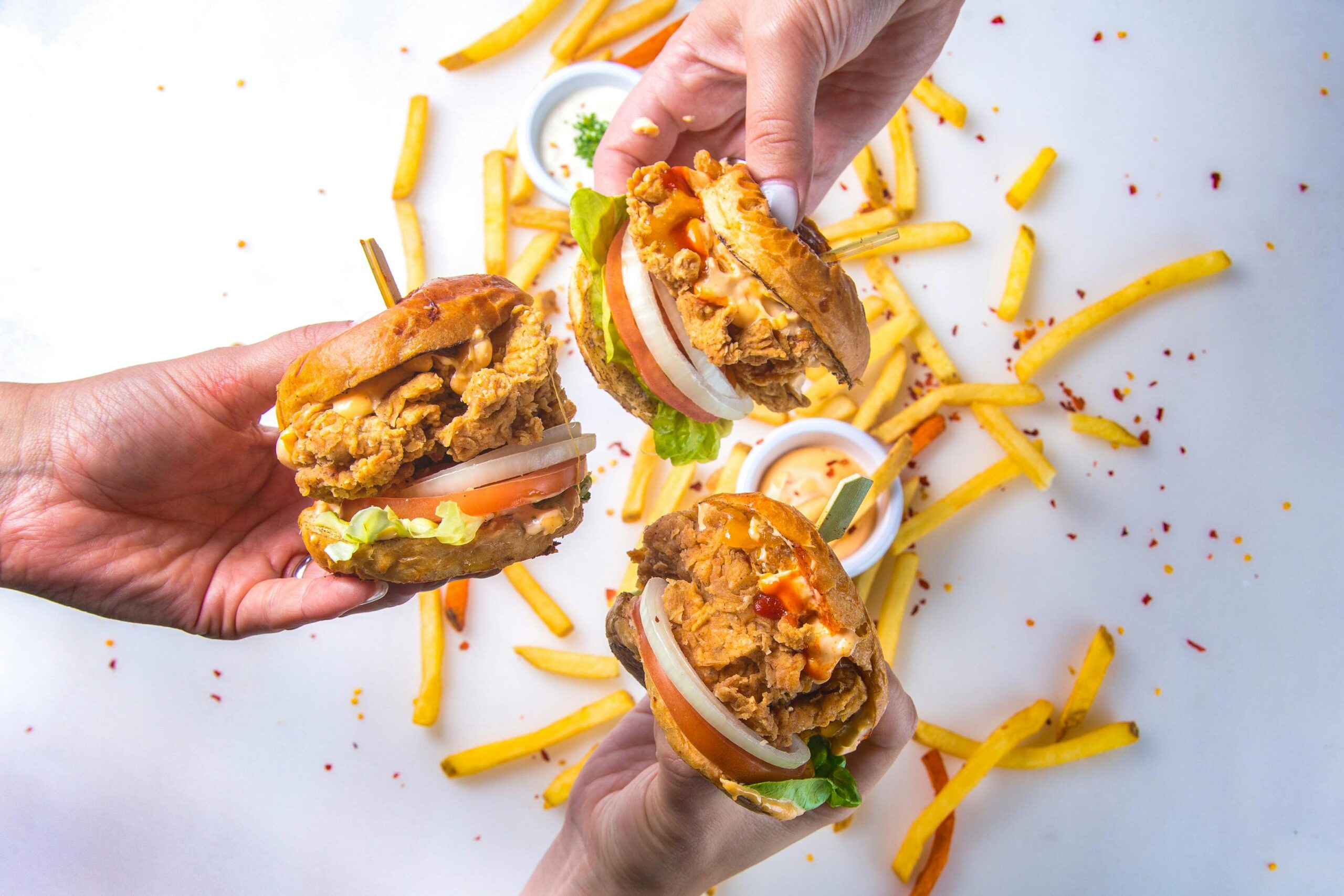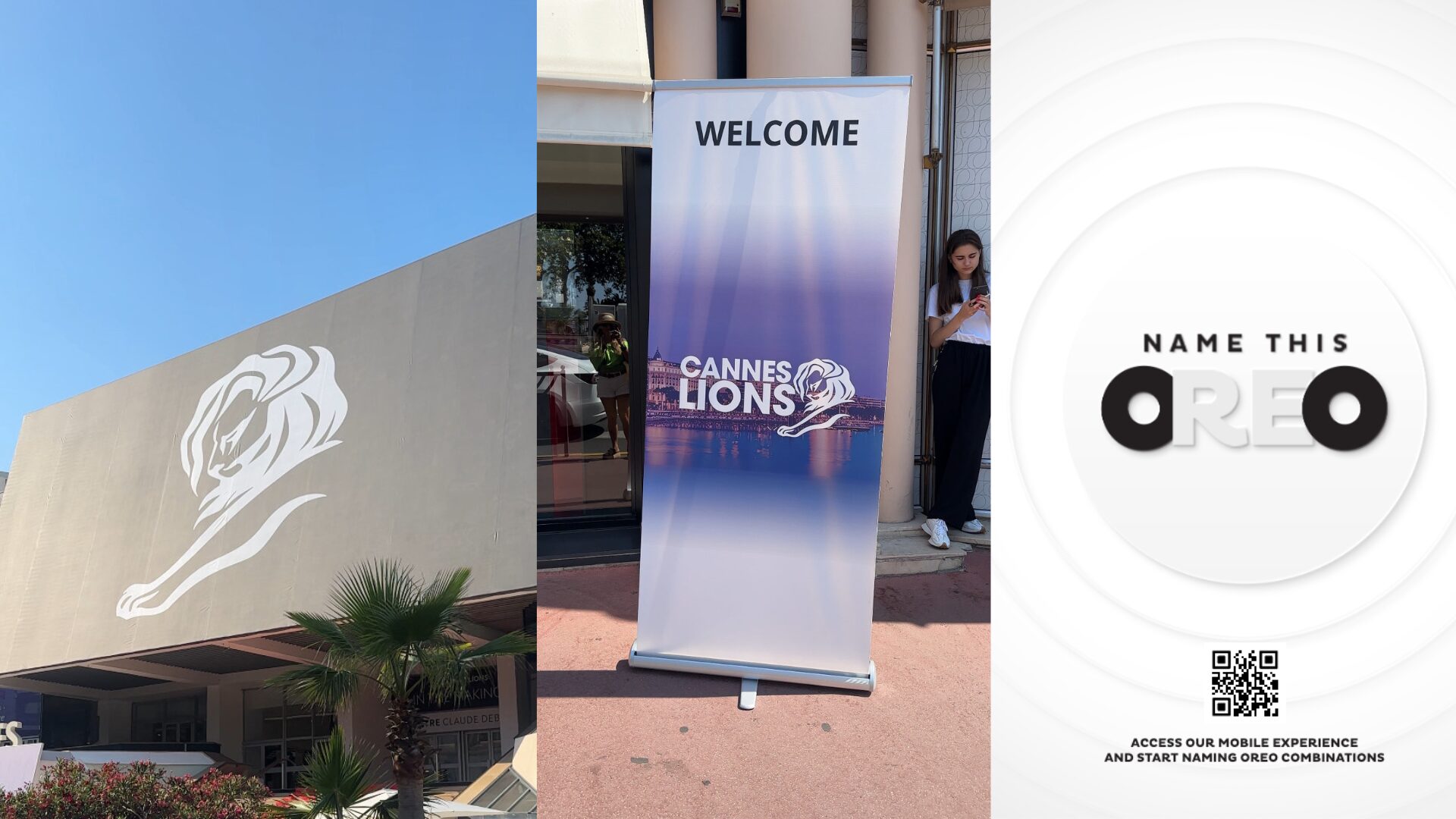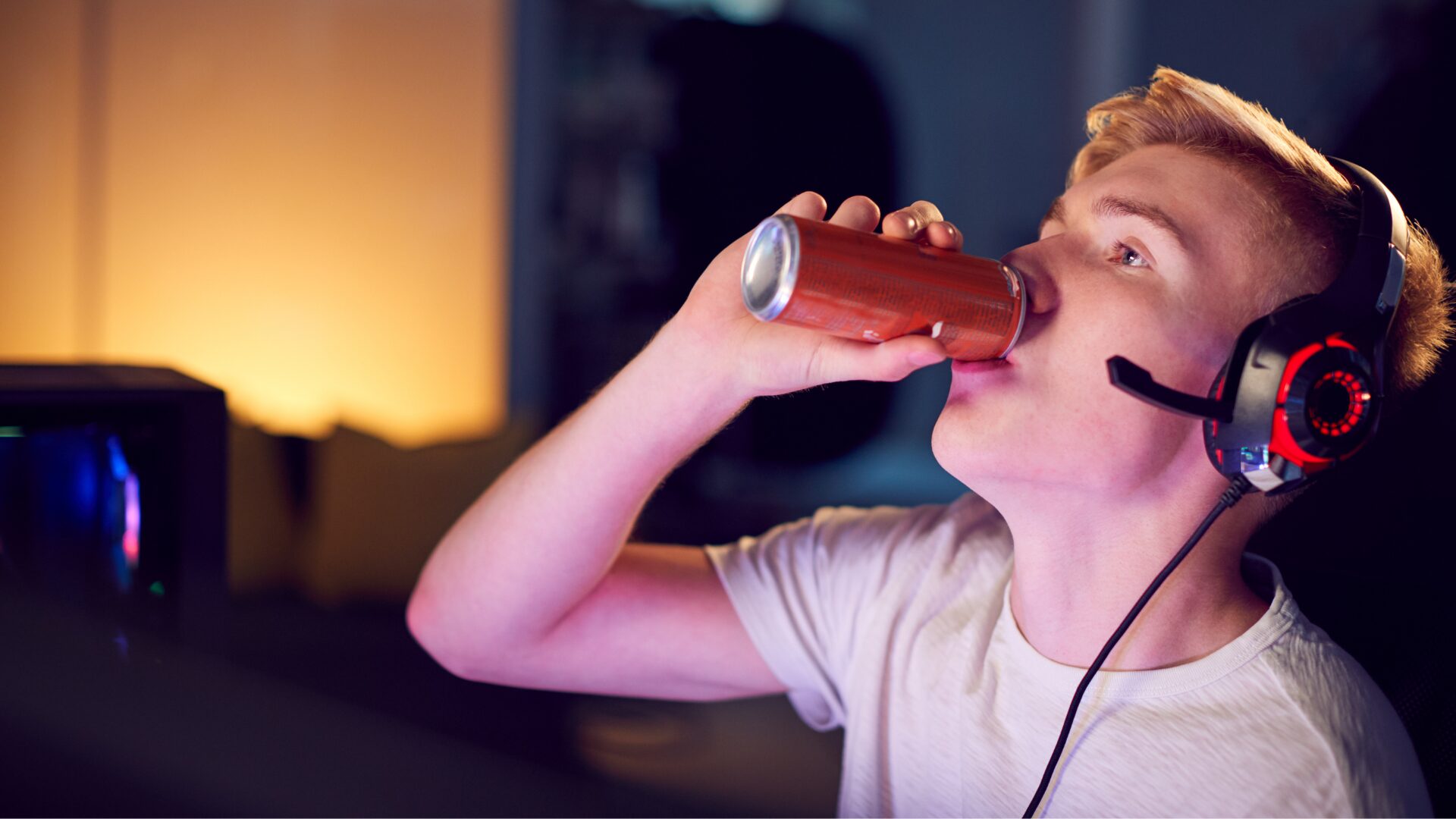In recent years, the uptick in consumer demand for purpose-driven brands has been profound, and food and beverage companies are no exception to the rule.
“Consumers under 35 want companies to be a force for good in society — whether that is advocating for sustainable environments or engaging in socially responsible employment practices,” Linda Zayer, Professor of Marketing at Loyola University Chicago, told The Food Institute.
From 2017 to 2021, food and beverage companies that are Certified B Corporations — social enterprises that prioritize value for non-shareholding stakeholders, such as their employees or the local community — increased 92% in the U.S. and 267% globally, according to data shared by B Lab, which awards the certification.
Furthermore, 91% of Gen Z buyers in the U.S. said they will research a company or brand to ensure they operate in a purposeful way before buying their product.
“In general, younger consumers seek out experiences over ownership. However, they are drawn to brands that exemplify the values they believe in,” said Zayer. “In this way, brands serve as an extension of themselves and their identities.”
But those values can’t be window dressing, added Zayer. Companies must ‘walk the walk.’
Strength Through Marketing
In a scholarly publication on corporate social responsibility, Harvard Business Review observed that corporations are increasingly donning the persona of a responsible citizen through claims to be “green” and “good,” while continuously performing practices to maximize profit.
While some major companies are successfully leveraging marketing techniques and product quality to authenticate their purpose-driven missions, it’s a tight rope to walk.
Swedish oat milk producer Oatly, for instance, has maintained such a balance — so far. Following its U.S. launch in 2017, the company experienced rapid growth, more than doubling its year-over-year revenue in 2020, and raising $1.4 billion in its initial public offering, reported Bloomberg (Oct 6).
As the company expands, it has kept sustainability at the forefront, both for its core dairy replacement product and the infrastructure needed to make it. In addition to this environmental commitment, Oatly’s popularity is largely tied to consumers emotional connection to the brand, Chief Executive Officer Toni Petersson told Bloomberg.
The prospectus for Oatly’s IPO further highlights marketing as a competitive strength: “We have torn down the conventional corporate approach to brand building and have developed a voice that is human, compelling and honest.”
As Fast Company observed, that brand voice has remained disruptive in the crowded plant-based space by moving beyond dominant category cues that reflect “natural goodness” and injecting a rebellious attitude into its style and packaging through a moodier color palette and witty, often tongue-in-cheek graphic taglines.(Oct 1)
Strength in Numbers
While Oatly has managed to channel authenticity though internal means alone, Harvard Business Review observed that other more traditionally “green” and ethical businesses like Ben & Jerry’s and Cabot Creamery are uniting through organizations like B Corporations to differentiate themselves in the midst of a ‘greenwash’ revolution.’
B Lab, the non-profit corporation that certifies B Corps, was established to enable consumers to differentiate good companies from good marketing, Andy Fyfe, Director of Equitable Growth at B Lab told The Food Institute.
Recently, the organization has seen purpose-driven brands acquired at faster rates than their competitors, said Fyfe. “If you can’t beat them, buy them.”
While historically these brands have largely been dissolved and their missions diluted after purchase, some are beginning to inspire change from the ground up.
“This is shaping not just consumer behavior, but how multinationals, buyers, and distributors are wanting to stay relevant to their market, by being ethically and environmentally responsible,” said Fyfe. “Consumers can continue to drive this momentum by voting their values with their dollars.”
And food and beverage consumers are voting with their wallets more than ever.
KeHE— the first major food distributor in the U.S. to become a Certified B Corporation — now carries over 130 B Corp. certified brands and sales among those companies were up 30% over the last year, reported New Hope Network (Mar 16)
“Industry wide, mission is table stakes nowadays,” Jeremiah McElwee, chief merchandising officer at Thrive Market said in the same article. “If you’re in the job of being a mission driven company, the B Corp certification brings a level of awareness, credibility and validation to all of your practices.”











